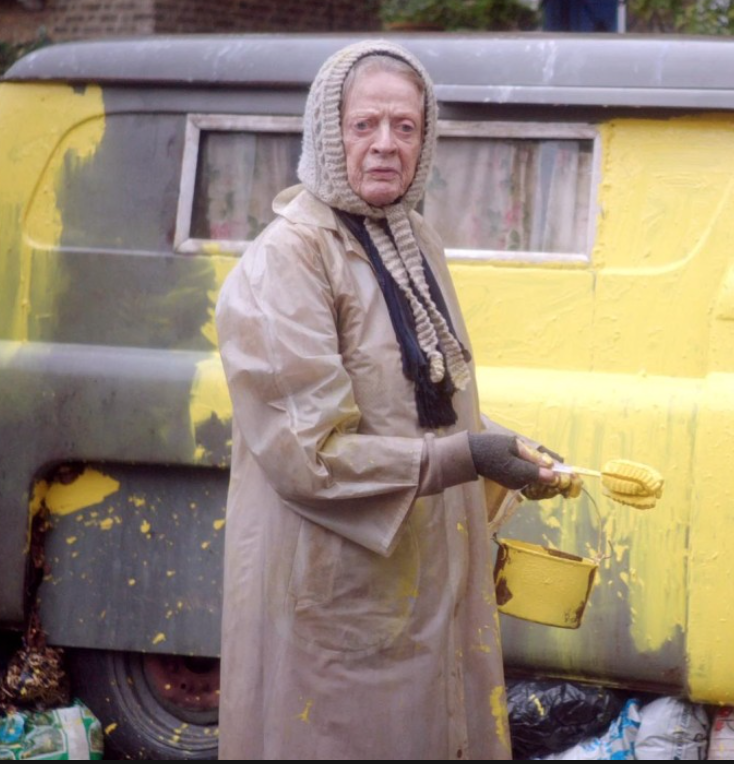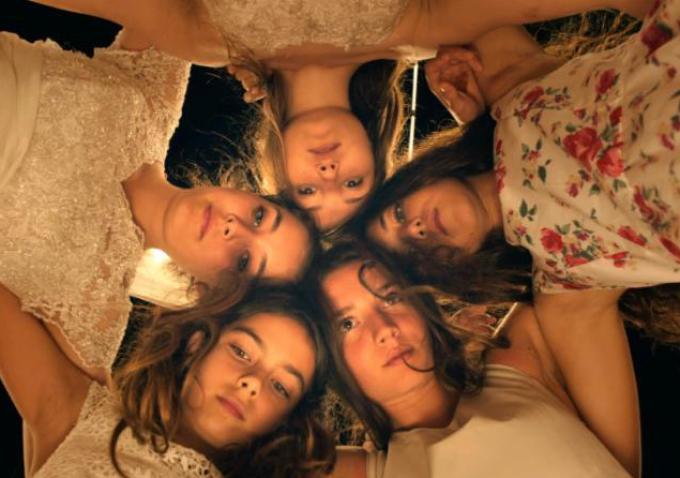 Set in mid-century London, “The Lady in the Van” douses us with sweeping orchestration – all tooting clarinets that sound twee as only clarinets can sound. But while “twee” could have been the operative term across the board in this period drama starring Dame Maggie Smith, audiences expecting a “Best Exotic Marigold” homage to the Endearing Habits of Elders will not be sated. This is an adaptation of Alan Bennett’s eponymous memoir and subsequent stage production, and the essayist and playwright (who also serves as screenwriter here) has a long-established habit of buttering us up with metaphorical tea and crumpets only to lay in stark realities about human intimacy and obfuscation.
Set in mid-century London, “The Lady in the Van” douses us with sweeping orchestration – all tooting clarinets that sound twee as only clarinets can sound. But while “twee” could have been the operative term across the board in this period drama starring Dame Maggie Smith, audiences expecting a “Best Exotic Marigold” homage to the Endearing Habits of Elders will not be sated. This is an adaptation of Alan Bennett’s eponymous memoir and subsequent stage production, and the essayist and playwright (who also serves as screenwriter here) has a long-established habit of buttering us up with metaphorical tea and crumpets only to lay in stark realities about human intimacy and obfuscation.
Bennett has not one but two stand-ins here, both played by Alex Jennings. “Writing is talking to oneself,” he informs us early on, and so he divides into a “writing self” and a “living self,” the latter lacking the dark acuity of the former. (They share a predilection for sweater vests and bowties.) It’s a dissociation that Mary Shepherd (Smith), the titular lady in the van, seizes upon while feigning a very useful balminess. A mysterious homeless woman who first encamped on Bennett’s Camden Town block in the mid-1970s, Miss Shepherd (as he unfailingly calls her) spends her time praying, selling pencils, decorating her “crushed mimosa”-painted vehicle with pictures of the Queen, and deflecting the efforts of nouveau-riche locals to assuage their liberal guilt. “No thank you,” she airily tells one woman who offers her a home-baked dessert. “Pears repeat on me.” Continue Reading →


